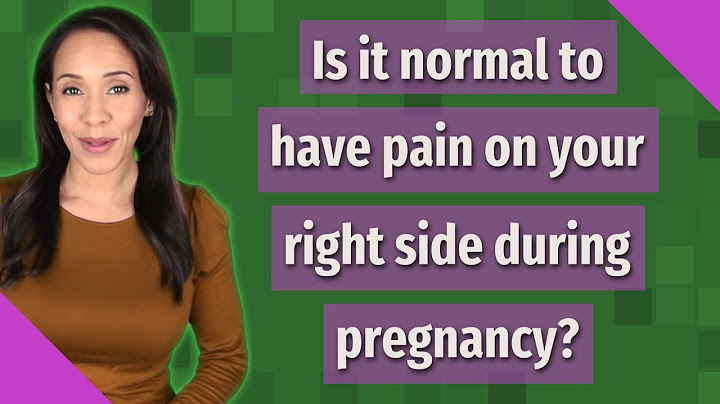A bloated stomach is the sensation of having an overfull stomach. It may or may not be accompanied by a distension, which is a visibly increased and tight stomach. Bloating is most often linked to excess gas, but the connection between abdominal bloating and gas is not perfectly understood. Some people with bloating symptoms do not have an actual increase in intestinal gas and simply may be more sensitive to it. The composition, rather
than the amount, of gas could also be significant. Causes of bloating include: Bloating is most often not serious, but it can be very uncomfortable. While stomach bloating will often resolve on its own, the following measures may help reduce bloating or address its underlying
causes: Exercise and Posture Physical exercise can help reduce bloating and clear gas from the body. Posture adjustment can also help. The body retains more gas when you are lying on your back, so try to stay active throughout the day. Over-the-Counter Medication Both simethicone (Gas X) and
activated charcoal are marketed as gas-reducers. The two have proven ineffective and/or inconsistent when used on their own in clinical trials. However, there is some evidence to suggest that they may work when combined or when used with magnesium oxide or
loperamide (Imodium). Probiotics The use of probiotics to help with digestive issues is common but little studied. Still, there is some evidence that using probiotics can help reduce stomach bloating. The formula in VSL#3 proved to reduce bloating in both adults and children in clinical studies. Digestive Enzymes One common cause of stomach bloating is the inability to digest certain foods. Most digestive enzyme supplements are effective only for people who cannot produce enzymes for medical reasons. However, over-the-counter enzymes have proven to help with the digestion of two commonly problematic foods: dairy and legumes (such as beans). If you have a hard time digesting the sugars in these foods, you might benefit from lactase supplements (such as
Lactrase or Lactaid) for dairy or alpha-galactosidase supplements (such as Bean Relief or Beano) for legumes. Herbal Remedies Peppermint has a long history as a digestive aid in folk medicine, and peppermint oil could give some relief to people with IBS, or irritable bowel syndrome. In early research, peppermint leaf proved to have a releasing effect on gastrointestinal (GI) tissue in animals
and may help with bloating, but there has not yet been sufficient clinical research done on humans. Ginger is another herb that may help with upper GI symptoms, such as stomach bloating, and constipation. If dealing with stomach bloating, you can try eating some ginger or drinking a cup of peppermint tea for an easy potential home remedy. Diet Stomach bloating often occurs when poorly digested carbohydrates begin to ferment in the colon. Many people who commonly suffer from bloating have benefited from a low-FODMAP diet, or a diet low in fermentable oligosaccharides, disaccharides, monosaccharides, and polyols. You could try cutting out some or all of the following foods:
One option is to remove FODMAP foods that you suspect of creating bloat one at a time. If your stomach bloating causes significant distress, you could also try a strict elimination diet, removing all FODMAP foods and then slowly reintroducing them to your diet to discover which can be consumed comfortably. Constipation can also cause stomach bloating, and so a diet rich in fiber can help with both conditions. If you also have one of the following symptoms, you may be constipated:
You might also add kiwifruit to your diet, which has proven helpful in cases of bloating and constipation. When to See a DoctorMost stomach bloating will resolve on its own. However, you should see a doctor if it does not go away or if you notice any of the following symptoms:
What helps a tight bloated stomach?The following quick tips may help people to get rid of a bloated belly quickly:. Go for a walk. ... . Try yoga poses. ... . Use peppermint capsules. ... . Try gas relief capsules. ... . Try abdominal massage. ... . Use essential oils. ... . Take a warm bath, soaking, and relaxing.. Why does my stomach feel tight and bloated?What causes stomach or abdominal tightness? Common causes include gas, overeating, indigestion, IBS, and pregnancy. Fluid retention can lead to bloating in people with PMS or ascites, which occurs with liver disease and other chronic health issues.
Why does my stomach feel hard and tight?When your stomach swells and feels hard, the explanation might be as simple as overeating or drinking carbonated drinks, which is easy to remedy. Other causes may be more serious, such as an inflammatory bowel disease. Sometimes the accumulated gas from drinking a soda too quickly can result in a hard stomach.
|

Related Posts
Advertising
LATEST NEWS
Advertising
Populer
Advertising
About

Copyright © 2024 muatrau Inc.


















